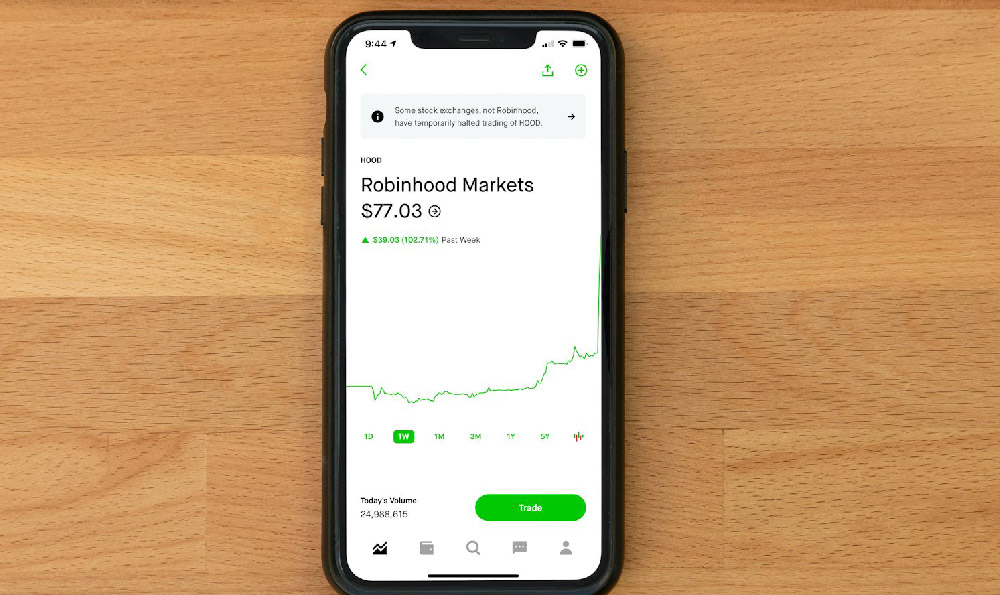Do You Donate Blood? Can You Make Money?
Okay, here's an article answering the question of whether donating blood can lead to financial gains. This response will explore the direct and indirect ways to potentially "make money" from blood donation, ethically and legally.
The Crimson Currency: Exploring the Financial Landscape of Blood Donation
The question of whether donating blood translates into financial gain is a complex one, often shrouded in ethical considerations and practical realities. While a direct, overt exchange of blood for money is largely prohibited in many developed nations, a closer look reveals a landscape where various incentives, both tangible and intangible, exist. Let's delve into the different facets of this intriguing question.

The primary model for blood donation in countries like the United States, Canada, and much of Europe is altruistic. Blood is considered a public resource, and donation is encouraged as a civic duty. These systems rely on the goodwill of individuals who are motivated by the desire to help others, recognizing that their contribution can be life-saving. In such systems, direct financial compensation for whole blood donation is rare or non-existent. This is largely due to concerns about attracting individuals who might be less than truthful about their health history or lifestyle, potentially jeopardizing the safety of the blood supply. The focus is on maintaining a safe and reliable source of blood through voluntary, unpaid donations.
However, this doesn't mean there are no "benefits" or "rewards" associated with blood donation. Many blood donation centers offer incentives to encourage participation. These can take various forms: snacks and drinks are typically provided to help donors replenish their energy levels after the donation. Some centers offer small gifts, such as t-shirts, mugs, or gift cards to local businesses. These are generally seen as tokens of appreciation rather than direct compensation, and their value is usually quite modest. The intent is to make the donation experience more pleasant and encourage repeat donations.
Beyond these immediate incentives, donating blood can indirectly lead to financial savings or opportunities. Some employers offer paid time off for employees who donate blood, recognizing the importance of supporting the blood supply. This allows employees to contribute to the community without sacrificing their income. Moreover, regular blood donors often receive basic health screenings as part of the donation process. These screenings can include checks for blood pressure, pulse, and hemoglobin levels. These free health checks can help donors monitor their own health and potentially identify health problems early on, leading to cost savings in the long run by preventing more serious and expensive medical interventions.
The picture changes somewhat when we consider plasma donation. Plasma, the liquid portion of blood, is rich in antibodies and proteins and is used to create various life-saving therapies for patients with immune deficiencies, bleeding disorders, and other medical conditions. Unlike whole blood donation, plasma donation often involves a process called plasmapheresis, where the blood is drawn, the plasma is separated, and the red blood cells are returned to the donor. This process is more time-consuming than whole blood donation, and because of the greater time commitment and the commercial value of plasma-derived products, plasma donors are often compensated financially.
The amount of compensation varies depending on the donation center, the frequency of donations, and the specific needs of the plasma industry. However, plasma donors can typically earn a few hundred dollars per month, making it a potentially viable source of supplemental income for some individuals. While the monetary reward is the main draw for many plasma donors, it's important to note that donating plasma still involves a commitment to regular donations and adherence to strict health guidelines. Potential donors must undergo a medical screening to ensure they are eligible to donate and must be willing to donate frequently to maintain their eligibility.
It's crucial to consider the ethical implications of compensated plasma donation. Critics argue that offering financial incentives for plasma donation could disproportionately attract individuals from lower socioeconomic backgrounds, potentially exploiting their financial vulnerabilities. There are concerns that some donors may be tempted to conceal health information to ensure they remain eligible to donate, which could compromise the safety of the plasma supply. Moreover, some argue that commodifying human blood in this way undermines the altruistic spirit of donation and could lead to a decline in voluntary whole blood donations.
In contrast, proponents of compensated plasma donation argue that it provides a valuable source of plasma for life-saving therapies and that the compensation offered is fair in light of the time and effort required. They also maintain that the rigorous screening processes in place minimize the risk of compromising the safety of the plasma supply. The debate over compensated plasma donation is ongoing, reflecting the complex ethical and practical considerations involved in the commercialization of human blood products.
Beyond the direct financial aspects, donating blood, whether whole blood or plasma, can offer intangible rewards that could be considered a form of "return on investment." The act of donating blood can provide a sense of personal fulfillment and satisfaction, knowing that you are making a tangible difference in the lives of others. This sense of purpose and connection to the community can contribute to overall well-being, which in turn can have positive effects on mental and physical health. Moreover, being a regular blood donor can raise awareness of the importance of blood donation and encourage others to participate, further amplifying the positive impact on the community.
In conclusion, while the direct financial gains from donating whole blood are typically limited to modest incentives, donating plasma can provide a more substantial source of income. However, it's crucial to weigh the potential financial benefits against the ethical considerations and the commitment required. Whether you donate blood for altruistic reasons, financial incentives, or a combination of both, understanding the landscape of blood donation is essential for making informed decisions. Ultimately, the value of blood donation extends beyond monetary considerations, encompassing the potential to save lives, improve personal well-being, and contribute to the greater good.















